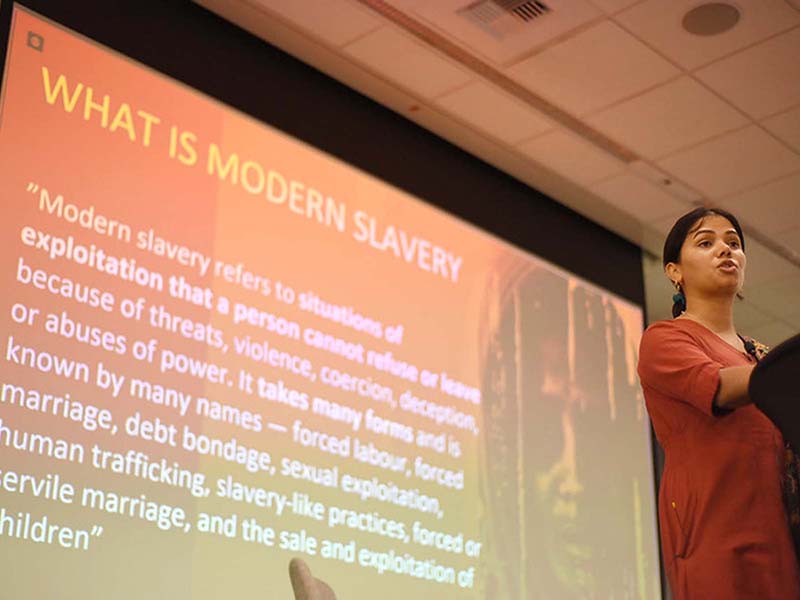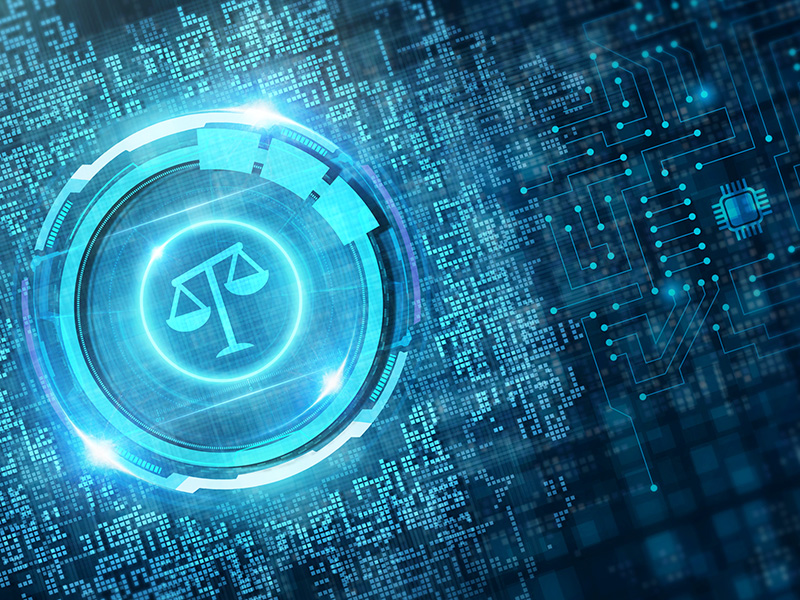The Challenge
For Microsoft, implementing the UN Guiding Principles on Business and Human Rights posed three main challenges:
First, the technology sector can affect a number of human rights positively or negatively, from privacy and data security considerations in cloud computing, to how human rights might be portrayed in video games.
Second, while company leaders believe the information and communications technology industry plays an important role in advancing free expression and human rights, the public narrative often is focused much more on the risks to freedom of expression and privacy than on the industry’s positive contributions.
And third, there was a need to clarify which human rights issues are most salient for Microsoft.
To address these challenges, the company asked for BSR’s support in creating one cohesive, global strategy for Microsoft’s human rights management—a partnership that began three years ago and continues today.
Our Strategy
First, we reviewed Microsoft’s operations and identified potential risks and opportunities based on the full universe of human rights so that we could identify the most significant risks, impacts, and opportunities for the company.
With this short list of relevant issues, we interviewed key experts and more than 40 employees working directly with Microsoft’s business groups to understand how Microsoft considers human rights in its product development and operations.
After analyzing these interviews, we developed a new global human rights framework that outlines Microsoft’s commitments. The framework is focused on proactive due diligence to avoid risks, maximizing the benefits of technology and responsible engagement, and clearly articulates the company’s point of view on human rights.
Through this process, we also identified areas that needed further review. To address these areas, we have begun the next step of human rights impact assessments on specific aspects of Microsoft’s business.
Our Impact
Based on our in-depth assessment, Microsoft has been able to embed human rights considerations throughout the company. Major business decisions, such as entry into a new market or selection of a new joint-venture partner, include human rights due diligence and are guided by the company’s global human rights statement.
This has helped employees across business groups develop a common understanding of Microsoft’s approach to human rights. The new Microsoft Technology and Human Rights Center provides a platform to further advance research and debate on human rights and technology. The center has hosted several events, including roundtables on privacy, data security, and freedom of expression and government surveillance at the World Economic Forum in 2013 and 2014. The center also has commissioned research to advance the field.
Lessons learned
The early success of this project reinforced our belief that meaningful consultation of internal stakeholders generates buy-in and helps employees across companies understand their role in protecting human rights when making critical decisions.
We also learned that approaches to human rights assessment are most successful when tailored to the company’s culture. For instance, at Microsoft, an assessment with broad-based internal engagement fit with the company’s culture of collaboration across disciplines.
Finally, we were reminded of the importance of executive leadership, which is instrumental in the success of this long-term work.
Let’s talk about how BSR can help you to transform your business and achieve your sustainability goals.








